An Insider’s Guide to Infertility Awareness Week
 The Fertility Associates of Memphis physicians have practiced reproductive medicine for a combined 75 years. Our team works with couples after they have tried for months or years to get pregnant, so these men and women have a heightened awareness of the disease of infertility.
The Fertility Associates of Memphis physicians have practiced reproductive medicine for a combined 75 years. Our team works with couples after they have tried for months or years to get pregnant, so these men and women have a heightened awareness of the disease of infertility.
Our mission as physicians and infertility advocates is to help our patients become parents, and educate the general population about the risks and early warning signs.
- History of pelvic disease or pelvic injury
- History of PCOS
- History of certain genetic diseases such as cystic fibrosis
- Maternal age over 35
- Painful or irregular periods
- Weight issues
Who should take notice during Infertility Awareness Week?
During National Infertility Awareness Week, April 19-25, we recognize the families that have emerged from infertility here at our Memphis fertility center, and encourage individuals and couples with plans for a family to learn more about reproductive health.
When no underlying problems exist and conditions are favorable for sperm and egg to meet, there is a 20 percent chance of pregnancy each month. You may register a positive test and remain blissfully unaware of the difficulties that 1 in 8 couples will have in getting pregnant.
For these fertile couples who wish to give Mother Nature a boost there are fertility aids such as ovulation predictor kits, fertility apps for your phone and a new cervical cap for “in-home insemination.”
When to partner with a fertility specialist
This Infertility Awareness Week, tell a friend: Over-the-counter fertility aids cannot reverse causes of infertility such as blocked fallopian tubes, ovulation disorders or a low sperm count, and there’s no turning back the biological clock.
Fertility Associates of Memphis physicians remind hopeful parents that after 12 months have passed with no success, it’s time to contact a fertility specialist. For women over 35, it’s best to take proactive steps after just six months.

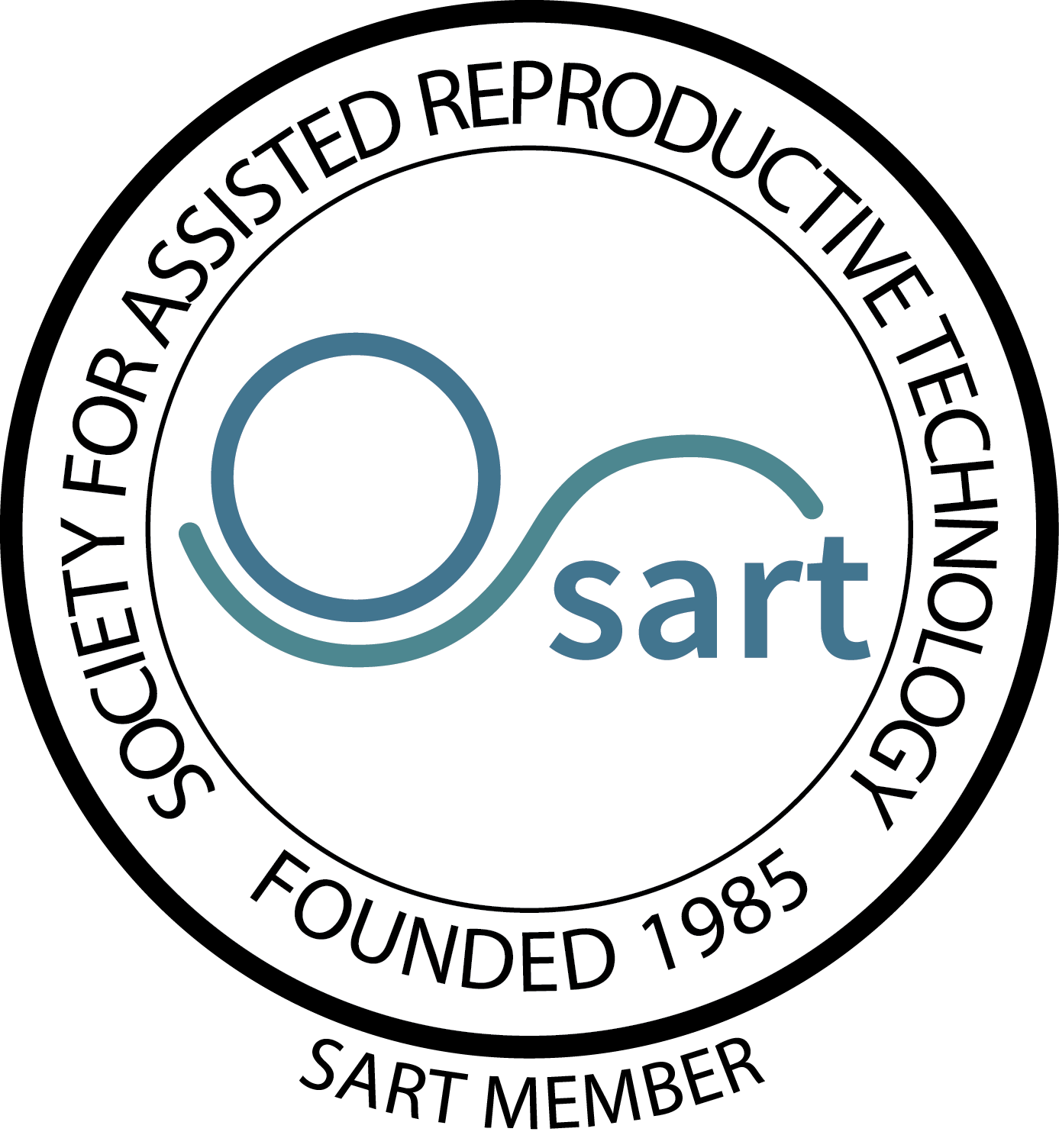

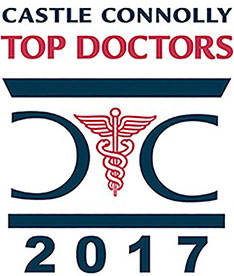
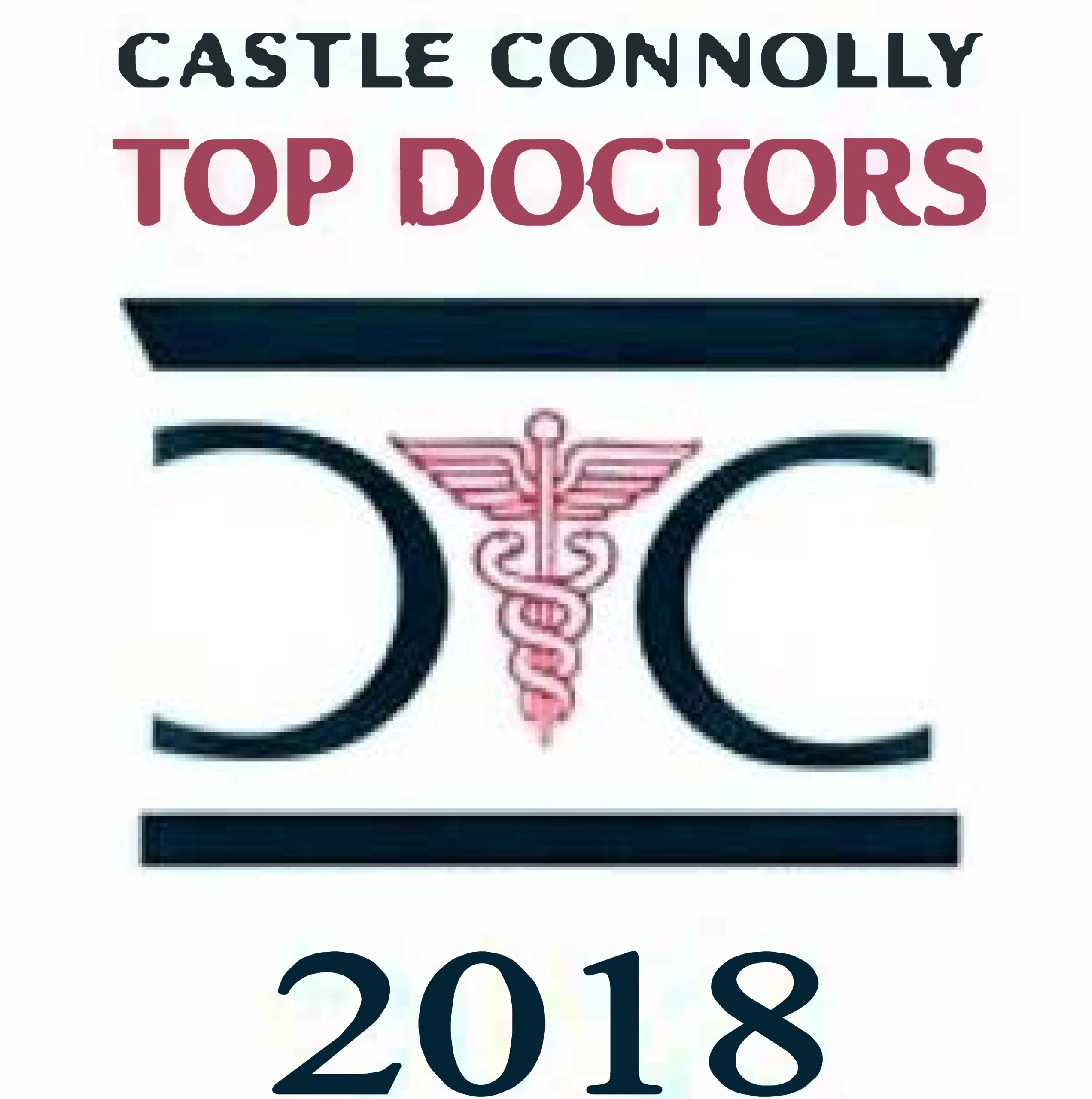
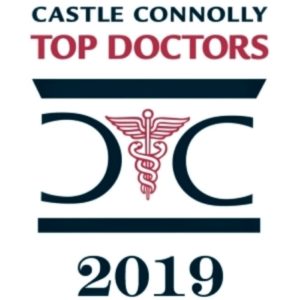
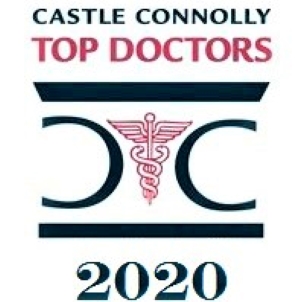


Comments are closed.